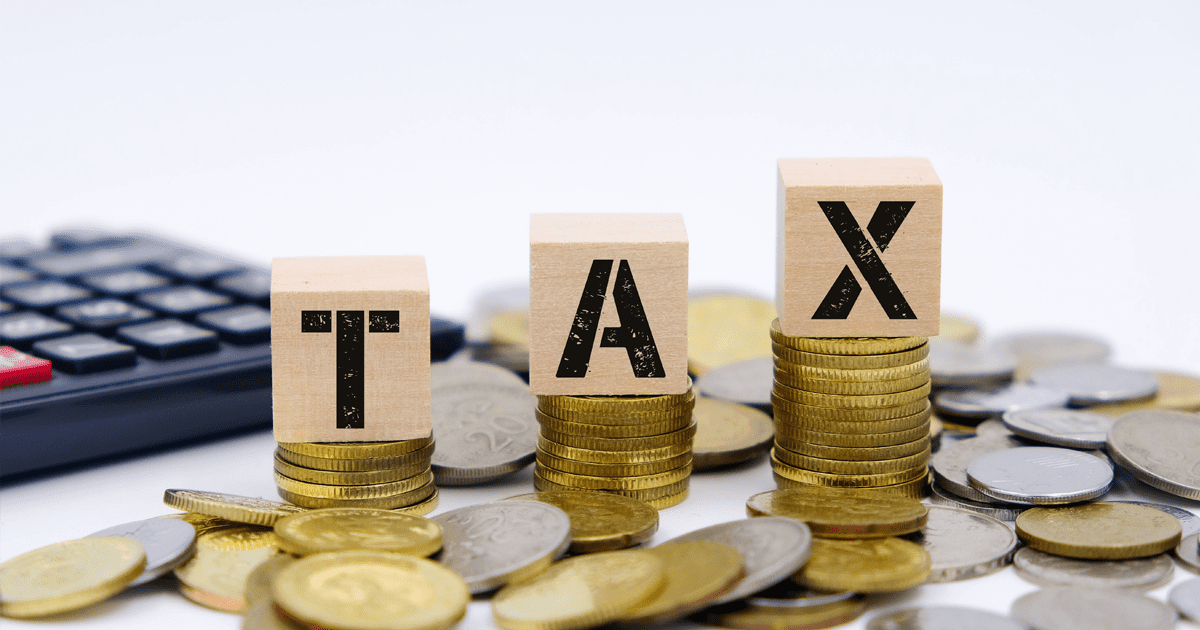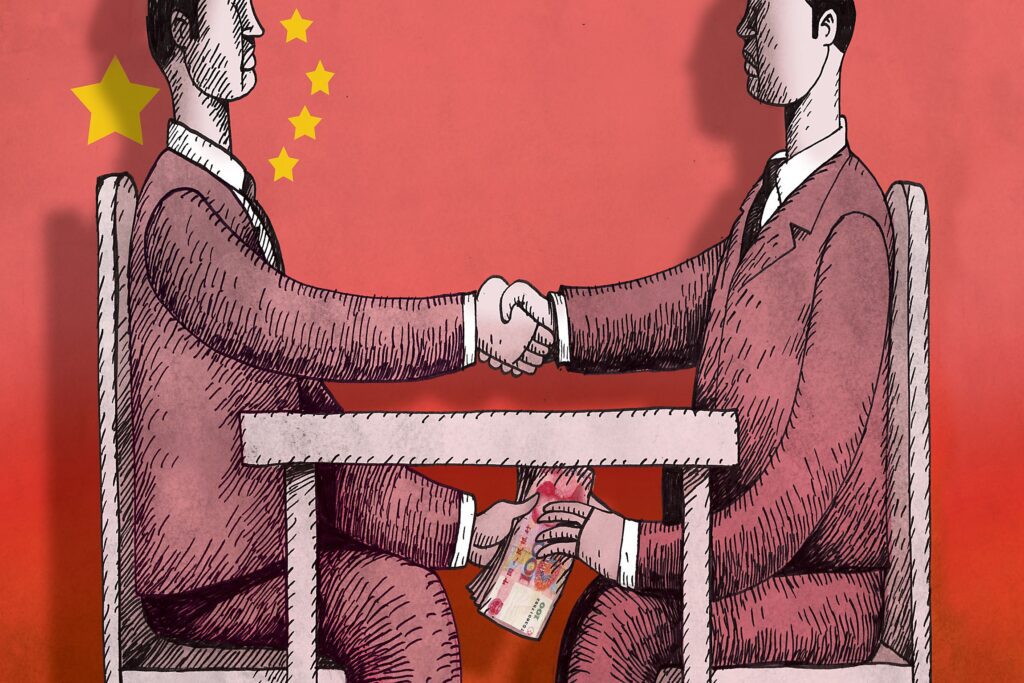On April 30, 2020, the State Taxation Administration and the Ministry of Finance jointly announced the extension of the VAT reduction and exemption policy for small-scale taxpayers. This comes after the said departments implemented a series of policies regarding tax payments amid COVID-19.
Read more from our previous article Policies Concerning Tax Payments amid COVID-19
The tax incentives during COVID-19 are extended from May 31, 2020, to December 31, 2020. Keep reading to learn more.
VAT-related announcements for small taxpayers
Previously, China’s tax bureau granted small and micro enterprises with a VAT relief on their taxable sales. According to issued notice, all taxpayers in Hubei province can get an exemption from 3 percent VAT on taxable sales. On the other hand, small-scale taxpayers with a 3 percent VAT rate can benefit from a VAT reduction of 1 percent for their taxable sales and prepayments.
The move aims to continue to support taxpayers on the resumption of work and production after the prevention and control of the COVID-19 outbreak in the country.
Difference between STP and GTP
China’s standard VAT rates normally range from 13 percent to 0 percent. Small taxpayers (STPs) fall into the 3 percent rate, however, due to the COVID-19 crisis, this rate reduced to just 1 percent.
Read our previous article about Value Added Tax(VAT) for Foreign Companies in China
Small individual taxpayers have a VAT liability threshold ranging from RMB5,000 to RMB20,000 taxable sales per month or RMB300 to RMB400 monthly transactions. Furthermore, businesses that classify as small-scale taxpayers should have an annual turnover or revenue amounting to less than RMB5 million. Small-scale business taxpayers usually have unsophisticated accounting and auditing systems that categorize them as being “small”. Thus, they are also not eligible for getting VAT credits and VAT special fapiaos from the tax bureau.
Nevertheless, small-scale taxpayers can self-issue special VAT invoices following STA’s Announcement No. 44, 2016. According to the pilot program for small-scale taxpayers, those with total monthly revenue of over RMB30,000 or quarterly revenue of over RMB90,000 can issue special VAT invoices by themselves.
On the other hand, general taxpayers (GTP) are entitled to such input VAT credits and special fapiaos. General taxpayers have a turnover of more than RMB5 million a year and have VAT rates of 13 percent, 6 percent, or 0 percent. Moreover, they can switch to STP status depending on changes in their monthly or quarterly revenues.
2019 tax cuts for small scale VAT payers
In 2019, STA released a notice regarding the VAT exemption of small-scale taxpayers (STPs) on their taxable sales. The notice stated the removal of VAT for some items. This can apply to low-profit enterprises that obtain monthly sales of RMB100,000 or below and quarterly sales of RMB300,000. Besides, they can also apply for a refund of advanced VAT payments as well as VAT special invoices. Regardless, small taxpayers are not anymore required to pay VAT in advance when the said monthly sales amount is reached.
Also, have a look at our related article about China’s New Legislation for VAT and Consumption Tax
Furthermore, local tax authorities may cut the VAT for STPs by even up to 50 percent. STPs can also choose to file VAT returns on a monthly or quarterly basis. But once it is chosen, they can no longer change it within a year.
Tax collection and implementation
Alongside the implementation of the preferential tax policies, tax authorities at all levels were mandated to observe strict measures. STA has strongly urged them to follow instructions and avoid delays of tax exemptions and reductions.
The announcement further emphasized the decline in tax revenues due to the epidemic and the challenges the fiscal department faces. At the same time, it stressed the prohibition of collecting excessive taxes or levying taxes without notice.
Lastly, the bureau also reminded regional tax offices to optimize the tax business environment and “decentralize” services to make tax payments more convenient and cost-effective.
Key takeaways
According to STA’s public notice, effective on January 1, 2019, small taxpayers who can be eligible for the preferential tax policies must complete relevant data concerning the filing of VAT returns. Moreover, those who failed to qualify for the preferential treatment may apply for tax refunds. They may also utilize the overpaid taxes to set off against the tax payments for the following month.
Small taxpayers who have registered as general taxpayers will no longer enjoy the preferential taxes intended for STPs.If you want to know more about doing business in China, contact our team for consultation and assistance. Follow us on social media to get the latest news!
Our experienced team has the necessary expertise and the know-how to support you with your business – have a look at the services we offer.
See how much salary you receive after tax and check your company value without leaving WeChat!
Also, our Mini Program can estimate the salary in your industry, for your experience level and position. A huge help for salary negotiations!







